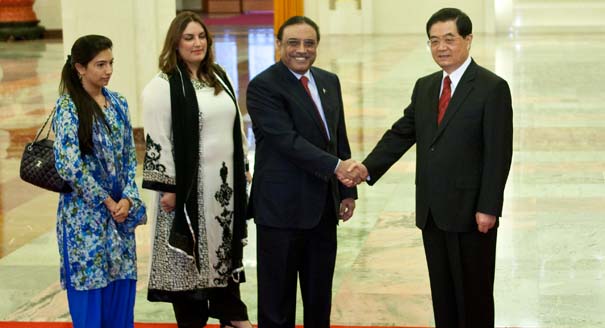China’s commitment to provide Pakistan with two additional civilian nuclear reactors has created great unease in the international nonproliferation community. While some compare this assurance to the U.S.- India nuclear cooperation agreement, the differences between the two are significant.
- Unlike the U.S.-India civilian nuclear initiative, whose terms were publicly debated, the Sino- Pakistani agreement is a secret covenant, secretly concluded.
- China appears willing to dismiss its obligations to the Nuclear Suppliers Group (NSG)—which it joined in 2004—by privately claiming that the prospective sale is grandfathered under a Sino- Pakistani contract dating back to the 1980s.
- Whereas the United States respected the international nonproliferation regime by requesting a special NSG waiver to permit nuclear trade with India, China seeks to short-circuit the NSG rather than appeal to its judgment.
The United States must convey to China its strong concern about the planned reactor sale to Pakistan. The integrity of the global nonproliferation system requires an orderly and coordinated process for managing change—which the NSG provides—and China, as a member of that group, should be permitted to consummate its prospective deal with Pakistan only if it first secures an NSG exemption from the current guidelines.
By leading international opposition to the Sino-Pakistani deal in its current form—both bilaterally and multilaterally—Washington can prompt Beijing to reconsider its plans. It would also encourage other countries to insist that Beijing respect the integrity of the global nonproliferation system overseen by the NSG. China has shown its willingness in the past to listen. It is time for the United States to raise its voice again.





